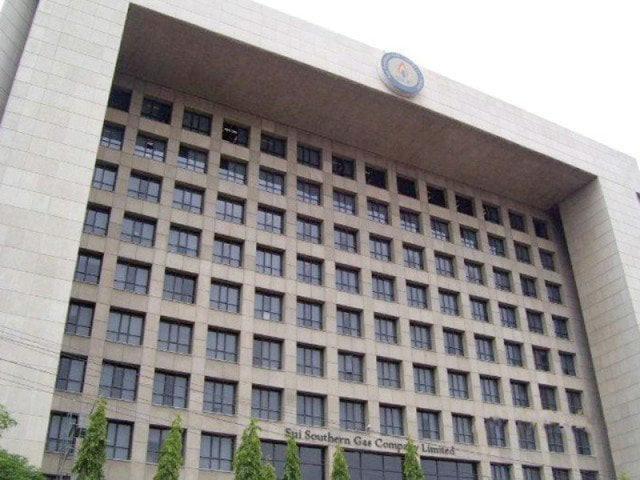SSGC’s financial statements on the way
MD says company will release results for FY13, 14 by mid-Jan

MD says company will release results for FY13, 14 by mid-Jan. PHOTO: FILE
Public disclosure of statements will be a relief for SSGC shareholders who have been waiting to gauge the true financial position of the company for the last three years.

While Rahman did not share further details, he said the company would treat its other income, including profit for LPG extraction and meter manufacturing business, as non-operating income.
The revenue and expense of SSGC is regulated by Oil and Gas Regulatory Authority (Ogra), which decides the
consumer price of gas.
The regulator decides the tariff, taking into account various expenses like the price at which SSGC buys gas from exploration firms, cost of transporting it through vast pipeline infrastructure, depreciation and a guaranteed return of 17% on fixed assets.
But what it does not include in tariff is SSGC’s other income of payments received from Jamshoro Joint Venture Limited (JJVL), meter manufacturing plant, late payment surcharge and sale of condensate - the other income of SSGC.
Treatment of earning from these avenues as non-operating income means its benefit goes directly to SSGC’s bottom-line.
Another positive factor is the favourable treatment of unaccounted for gas (UFG) loss in financial statements. “While Ogra has fixed allowable UFG limited at 4.5%, we would get a benefit of 9% to 9.5%,” Rahman said, citing a recent court clarification on the subject.
UFG is the quantity of gas, which either leaks from the pipelines or is stolen. SSGC’s average UFG loss stands at 15%. This basically means that SSGC will pay a lesser penalty for gas losses.
Rahman, who was addressing his first press conference since taking office of SSGC MD a year ago, said the gas utility was considering ‘load shedding’ to make up for the shortage of gas.
“This is going to be difficult for consumers but we have to do this in high loss (theft) areas,” he said, adding that his team was working on details to implement the plan. Rapid growth in number of gas connections since early 2000s has not only strained the supply from depleting fields but also increased pipeline losses, he said.
“Even though I have focused hard on the UFG problem but a lot more needs to be done,” he said. “We are not even close to where I hoped we would be (in 12 months).”
SSGC will have to use technology like smart gas meters, which helps it monitor consumption in real time, to counter theft, he said.
Rahman, who also has experience of heading Pakistan Petroleum Limited (PPL), said SSGC is undertaking a massive pipeline construction project, which will cost Rs60 billion and help deliver re-gasified LNG upcountry.
Published in The Express Tribune, January 2nd, 2016.
Like Business on Facebook, follow @TribuneBiz on Twitter to stay informed and join in the conversation.



















COMMENTS
Comments are moderated and generally will be posted if they are on-topic and not abusive.
For more information, please see our Comments FAQ